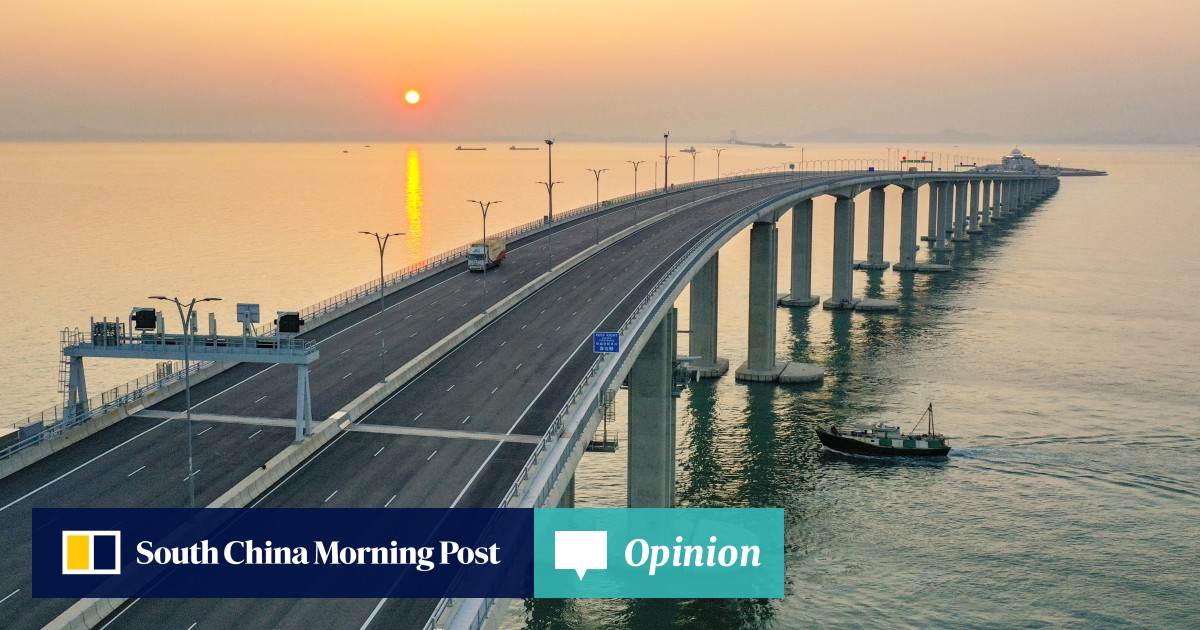When Hong Kong comes on board officially as a RCEP member, it will be in an even better position to contribute to the bloc in three critical ways.
Firstly, trade harmonisation can go a long way towards bolstering market access, stimulating export growth and supporting nascent industries across emerging economies.
While Hong Kong has yet to sign free trade agreements with Japan or South Korea, it is already one of the largest overseas markets for Japanese agricultural produce and products. In 2023, South Korea was Hong Kong’s sixth largest trading partner, with trade between them having grown annually by 1.8 per cent from 2019.
By further lowering tariffs, aligning trade regulations and compliance requirements with the bloc, and streamlining documentation and vetting processes, Hong Kong’s membership of the RCEP would facilitate more seamless trade creation and diversification among all the members.
Secondly, Hong Kong could draw upon its strength in financial services and the full range of professional services to complement existing developmental initiatives and meet the financing needs of new ones. Our city has long served as a critical conduit for foreign direct investment from mainland China into Southeast Asia.
Hong Kong is also considered by many Greater Bay Area companies as the first stop outside the mainland, thanks to the city’s strengths in financial, legal, accounting and other professional services.
Thirdly, enterprises and investors alike would also welcome the improved market access and reduced costs of capital flows, which are conducive to a vibrant region. In 2022, Hong Kong was the fifth largest source of foreign direct investment for Asean, with a staggering leap of 40.4 per cent year on year.
Hong Kong eyes Southeast Asian, Mideast business ties under belt and road plan
Hong Kong eyes Southeast Asian, Mideast business ties under belt and road plan
When Hong Kong joins the RCEP, intra-bloc capital flows and investments can be expected to soar. Hong Kong’s burgeoning ties with the Gulf states and long-standing connections with the Europe Union, United Kingdom and United States enable it to serve as a springboard for growth-seeking capital into East Asia and the Oceania.
Hong Kong can also foster connections and partnerships, helping Asean and other RCEP members secure the technical support and knowledge they need to enter the Greater Bay Area and the broader mainland market with confidence, under the auspices of “one country, two systems”.
Daryl Ng is chairman of the Hong Kong-Asean Foundation, a not-for-profit organisation seeking to promote and deepen ties between Hong Kong and the Association of Southeast Asian Nations


